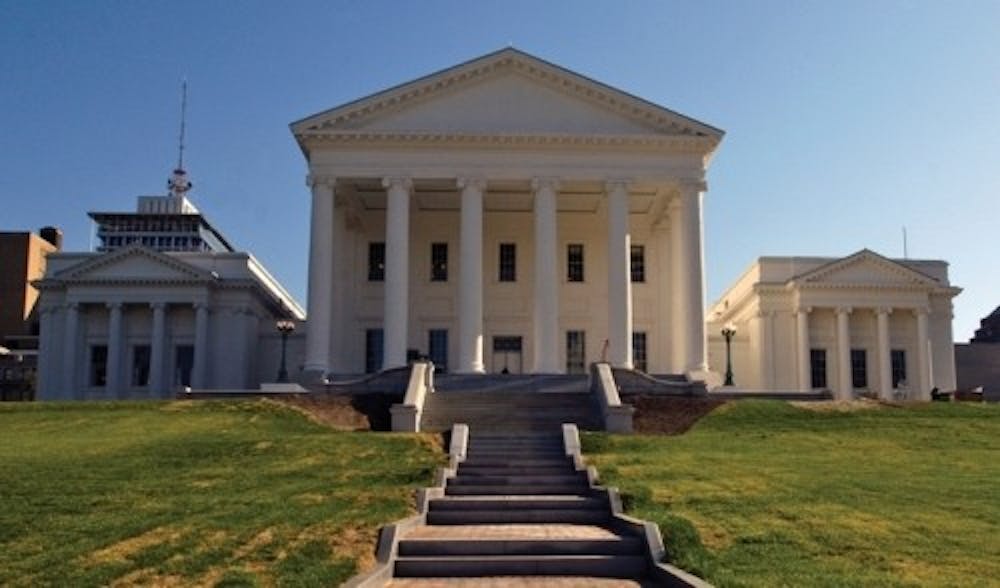Virginia Gov. Terry McAuliffe held a press conference Wednesday in Richmond, addressing his plan to eliminate the revenue shortfall in Virginia’s budget for the Fiscal Year 2015 — part of an ongoing effort to reduce state government spending to close the gap started when revenues failed to meet 2013 projections.
In response to the initial shortfall, the General Assembly created budgetary reserves, which totaled $846 million, and lawmakers withdrew $705 million from the rainy day fund, known as the Revenue Stabilization Fund.
“These two items provide a ‘cushion’ of $1.55 billion to address the revenue shortfall,” McAuliffe said in the press release. “Unfortunately, it wasn’t enough.”
McAuliffe said his budget, to be presented to the General Assembly in December, will address key challenges and build a stronger economic foundation for the state.
“Making these budget reductions has been the most difficult experience of my term so far,” McAuliffe said in the press release. “In a government as lean and well-run as ours, there are few spending cuts you can make without impacting the lives of Virginians. The goal was to keep lay-offs to a minimum and protect our core services.”
McAuliffe said the reductions are a short-term response to insulate Virginia from the possibility of further, larger budget reductions.
Virginia House Speaker William Howell, R-Stafford, said the process of closing Virginia’s $2.4 billion shortfall has been difficult.
“It is unwelcome news that so many of Virginia’s hardworking state employees will be affected,” Howell said in a statement Wednesday. “The painful lesson of this experience is that we cannot continue to increase Virginia’s dependence on the federal government, as Gov. McAuliffe has said repeatedly."
McAuliffe’s plan will cut $45 million each year from higher education. University spokesperson Anthony de Bruyn said Wednesday's announcement reaffirmed cuts elsewhere in the budget. The University’s reduction amounts to an $8.1 million cut for fiscal years 2015 and 2016.
“In the current year we are using several strategies to address the budget reduction,” de Bruyn said in an email. “Energy conservation efforts have resulted in lower energy costs than we anticipated. Use of strategic sourcing will reduce the cost of commonly purchased supplies. [We will] increase productivity in maintenance operations to reduce the annual cost of maintaining our buildings and [increase] savings related to normal turnover and vacancy in faculty and staff positions.”







